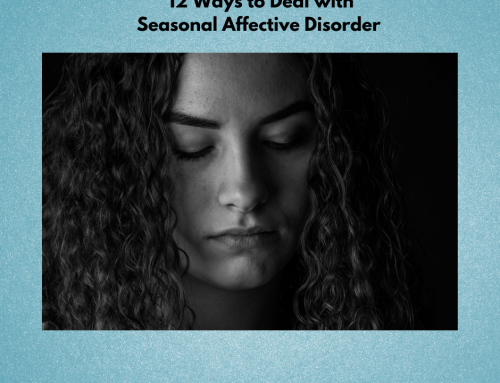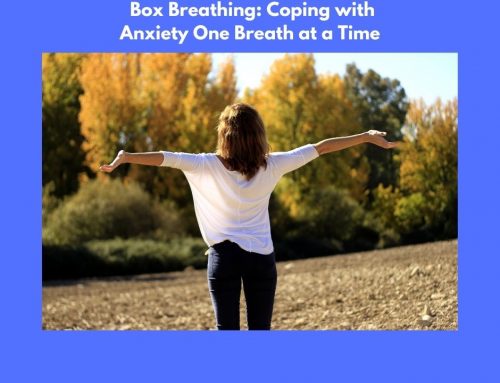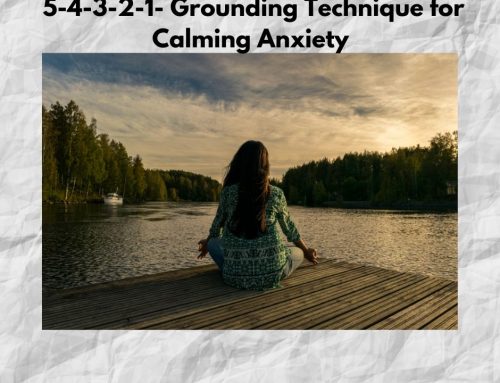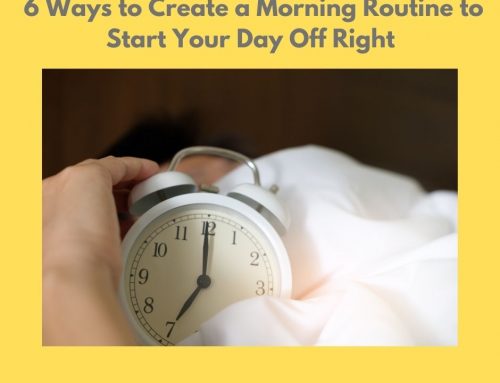Do you always worry that you may have a serious illness? Are you constantly searching up symptoms on line? Do these worries keep you up at night? Worrying about your health is normal from time to time. But when these worries start to impact your ability to function, you may want to seek help in order to determine a course of action.
Worrying About Your Health Vs. Health Anxiety
Being worried about your health isn’t the same thing as having health anxiety (formerly known as hypochondria). There is a difference between someone who has minimal symptoms and is still anxious about being sick and someone who is worried about actual symptoms.
People with health anxiety often misinterpret normal physical symptoms and think that they are something more serious. For instance, they may worry that a headache is a brain tumor or that forgetting where they put their keys could possibly be dementia.
So how do you know if it’s health anxiety or if you may actually be sick? Here are some signs…
- You have no symptoms, but are still anxious about being sick
- When a doctor tells you that you aren’t sick or a test shows that you’re healthy, you still feel worried
- You visit your doctor regularly with fears of illness and needs of reassurance
- You are constantly searching up health information online
- Excessive body checking
Continuing to worry about your health causes your body’s alarm system to go off. This produces symptoms of anxiety (racing heart, tightness of chest, difficulty with breathing, sweating, nausea, dizzy, jitters etc…). These symptoms are real and give your mind more cause for concern, even though the thoughts are often false.
While I don’t have full blown health anxiety, I feel as though I am always teetering on the precipice of it. I had my first health scare and diagnosis when I was in grade 9, then I had my second health scare along with a second diagnosis when I was 25 and then a third one when I was 45. Each diagnosis a separate one unto its own. Each diagnosis a lifelong condition with no cure and only medications to manage and control. Each diagnosis has its’ own worries, symptoms and side effects. I always remind myself that it could be worse and is worse for many others. And I always remind myself that life goes on and my life is good.
One of my diagnosis is a heart condition. At this point in my life, it’s fairly benign and doesn’t interfere too much in my daily living. I’m on a medication and made changes to how I live my life and it’s all good. But that doesn’t stop me from worrying when my body feels things that are often normal. Like pain in my left arm (which could easily be from how I slept on it), or a racing heart or even a quick pinch in my chest. All things that can be normal. But when I experience it, I usually go through a moment of worry.
I don’t call my doctor and I never go online. I’ve learned to convince myself that I will “know” if it’s something that I need to worry about. I am constantly challenging my thoughts. I talk myself down from my worry and I move on.
It’s taken me years and tremendous effort to get to this point. Years to brush aside worries. Years to quiet my mind. Years to live happily and worry free- mostly. My worries are never far from the surface, but I keep them at bay and I’m grateful for that.
Discerning the difference between anxiety and a serious medical condition can be difficult. Therefore, it’s important to rule out a medical condition first. Once you’ve seen your doctor and received a clean bill of health, you can begin treating your health anxiety.
6 Tips for Treating Health Anxiety
- Keep a Diary: Keep track of how often you check your body, ask people for reassurance or go online to look at health information. Try to gradually reduce how often you do these things over a week. Make sure you think in terms of small steps. You won’t be able to stop monitoring symptoms or worrying cold turkey, focus on reducing.
- Challenge your Thoughts: Draw a table with 4 columns. Write your level of anxiety from 1-10 (1 being not so bad and 10 being bad). Write your health worries in the second column. Challenge your negative, worrisome thought in the third column. In the fourth column, rate your anxiety level from 1-10 after you’ve challenged your thought. For example, before you begin challenging your thoughts, your anxiety level may be at a 9, which you write in the first column. In the second column you may write, “I’m worried about these headaches” and in the third column, you can challenge that worry with “headaches are often a bodies way of dealing with stress and is no big deal.” In the fourth and last column, write down your anxiety level after challenging your worry.
- Keep Busy with other Things: Anxiety is caused by ruminating about things that happened in the past and worrying about things that you can’t control in the future. When you find yourself worrying about your health or when you get the urge to go online or check your body, distract yourself. Find something in the present to do. This is a form of grounding. Ground yourself in the present with activities such as organizing a closet, cooking, meditating, putting on music to drown out your thoughts.
- Push Through the Fear: Gradually do things that you’ve been avoiding because of your health anxiety. A good technique for this is to create your own personal fear ladder. Identify what you are most afraid of and learn how to reach your goal step by step.
- Relax through Breathing: When you start to feel anxious about your health, you may find your heart starts to race and your breathing may accelerate. Slow it down. Breathe in through your nose slowly, pause and breathe out slowly through your mouth.
- Avoid Vices: Avoid alcohol and recreational drugs, which can increase anxiety.









